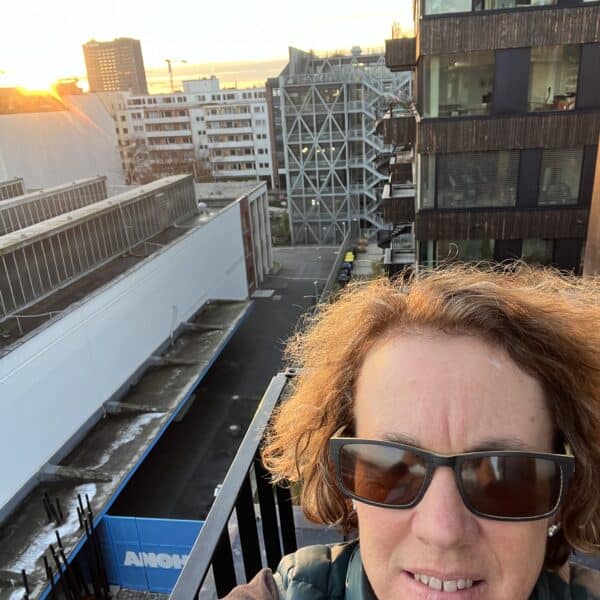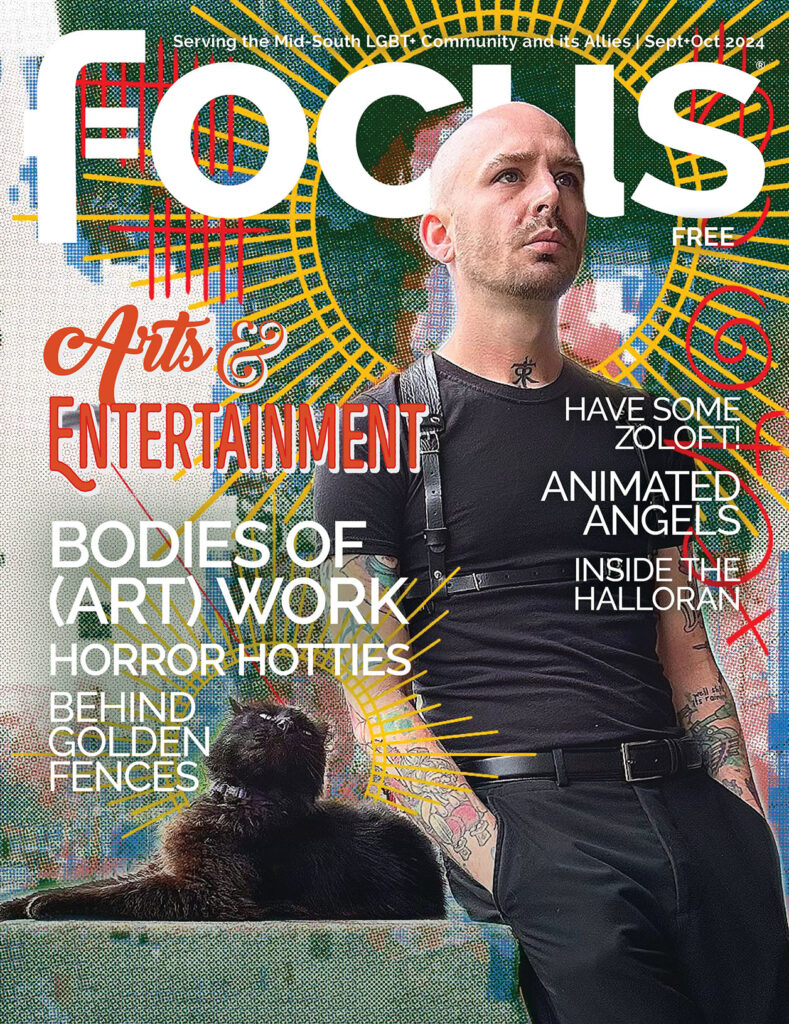Opera Memphis delves into La Calisto, a brief history of opera, and what it means to be a theater nerd.
Now, this is asked with the utmost respect: Is there anything nerdier than opera nerds? Ned Canty, Opera Memphis’ General Director and Stage Director for the upcoming La Calisto, along with Jonathan King, Opera Memphis’ Music Director, both embrace that idea.
Canty says, “I think of a nerd as someone who is deeply in love with a type of art or culture that does not fit into traditional notions of what ‘real men’ or ‘real women’ should be into. The most important tenet for me is that you love the thing without worrying about whether other people think you should.” So, in other words, don’t worry about flying your opera nerd flag.
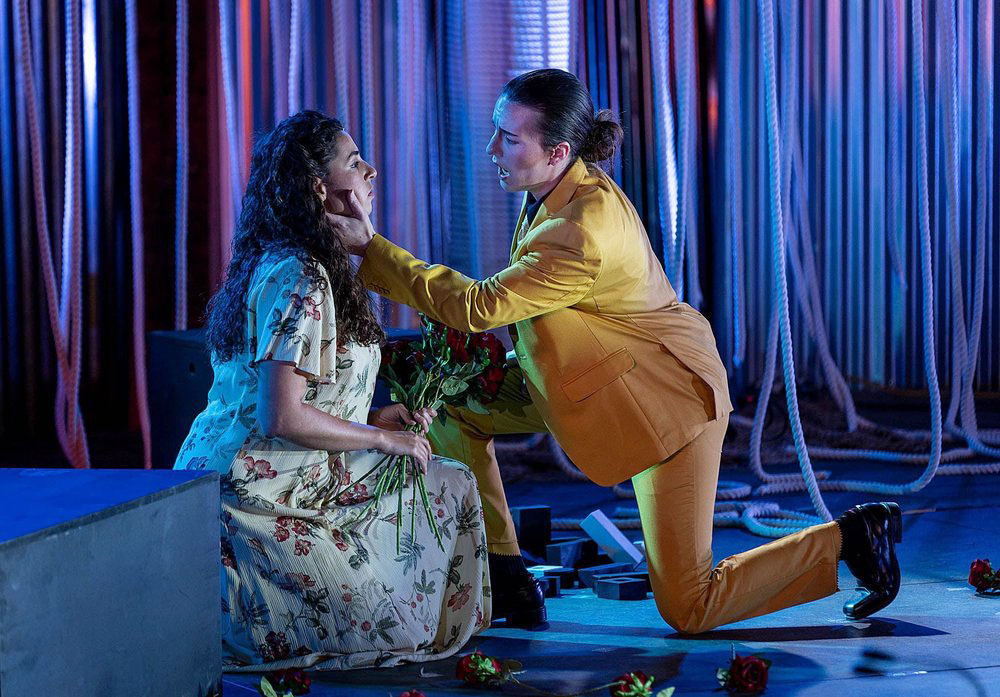
The city of Memphis has dramatically benefited from opera nerds since the founding of Opera Memphis in 1956. The Metropolitan Opera and other companies had performed in Memphis before, but Opera Memphis brought opportunities for year-round opera performances not yet seen before.
Canty says Opera Memphis has grown and evolved since then, most recently moving its headquarters from East Memphis to the PeCo neighborhood in late 2023, closer to the art center of Memphis. The 2023-2024 season brings a mix of opera standards and more modern offerings, such as the “Variations on a Theme” series, which presented various music connected to the words of poet Langston Hughes last month.
Both Canty and King agreed that opera could be viewed as a kind of heightened musical theater. Canty says that many people have stereotypical ideas about opera that have been established by popular culture from Looney Tunes’ Bugs Bunny to Seinfeld to Pretty Woman. However, those stereotypical notions only represent a small slice of the genre. In the course of a three- or four-year production cycle, Opera Memphis presents a mix of standards that people know well like, Carmen and La Boheme, balanced by either Opera Memphis original works or relatively new pieces.
This season, Opera Memphis was interested in La Calisto. It’s a baroque opera that is rarely performed, especially compared to romantic pieces of the 19th and 20th centuries, but is quite interesting to watch due to the cultural and societal questions it raises.
Canty says opera is relevant now because “art starts telling us that things exist on a spectrum. When a piece is written, if approached appropriately, it really goes toward basic ideas of what it means to be human. In the case of La Calisto, which was written 400 years ago, it looks at ideas of what it means to be a man, or a woman, or a lover, or a follower, or any of these things, basic questions that every person, every human being, every society asks themselves.” In prehistoric times, people answered these questions with the gods, who turned into the Greek and Roman gods, who turned into the characters in this opera.
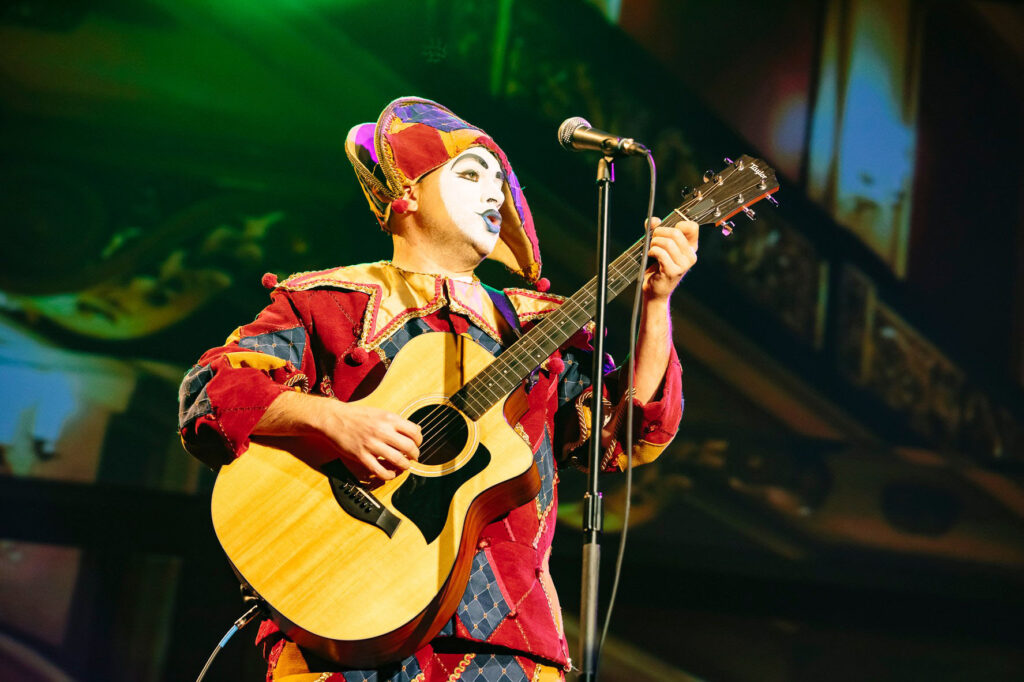
La Calisto is part of Opera Memphis’ Masterworks series and will be performed with period-appropriate instruments. In La Calisto the character of Santorini, the little satyr, is a boy going through puberty. Characters like that were often played by women for comedic purposes. The casting also plays with voice and costume, similar to some characters in Shakespeare and other theaters.
Another interesting characterization is that of Jove, who transforms himself into the character of Diana to seduce Calisto. The same singer plays both Diana and Jove, who looks like Diana. Canty says the casting begged the question about drag performance, a hot topic now for several state legislators. Just this past June, Memphis-based drag group Friends of George won a lawsuit that deemed a recent anti-drag law unconstitutional.
Canty concluded, “The characterizations in La Calisto highlighted the notion that a really wide variety of drag and gender fluidity was happening for hundreds of years in this art form and others, and that it was (a) something to celebrate and (b) underlined how ridiculous that law was. The question is, what does it mean to define yourself in one way and have someone else define you in another way? They are basic human questions that are not new and have not been scattered into people’s minds by a liberal conspiracy.”
Looking forward in opera, Jonathan King is hoping to bring awareness to transgender issues. He says, “As a community we’re discovering and working through how we celebrate and utilize transgender singers. One opera I am thinking of most is Stonewall from 2019, which is about the Stonewall Riots in New York City in the 1960s. It incorporated a transgender role played by an actual transgender singer in the opera, and I think this just continues this narrative that has been around as long as opera and stage performance has been around.”
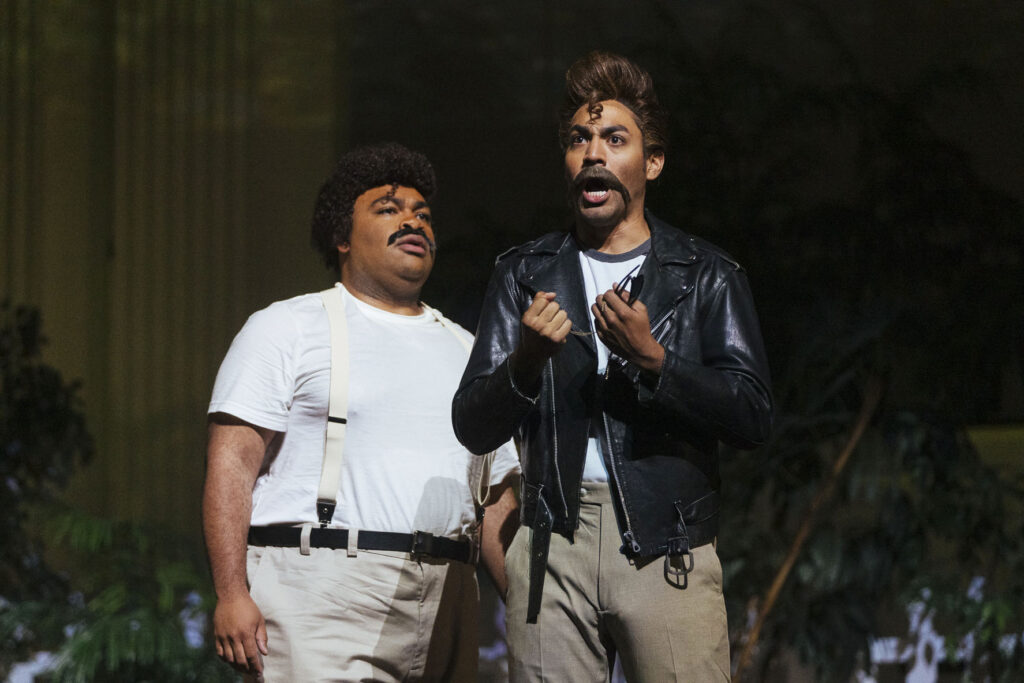
King is in his first year with the company, and in his first directorship, he feels joyful and fortunate to be in Memphis. He started in music as a pianist, then realized his love for collaboration with other musicians. King loves to sing and began exploring the genre of opera. He describes opera as an over-the-top experience, “I mean, it’s just singers singing their hearts out about the most passionate subjects of love, lust, and murder, and all these things. It’s just larger than life in so many ways. And once I got hooked on those two things together, working with singers, the love of the story, and the dramaticism of the story, it was kind of a no-brainer for me.”
“Art starts telling us that things exist on a spectrum. When a piece is written, if approached appropriately, it really goes toward basic ideas of what it means to be human.”
Canty has been at Opera Memphis since 2011 after first training in theater as an actor and then as a director. Canty enjoys interacting with singers, many of whom have expressed their gratitude for the time he takes talking about their motivation, characters, and backstories as an opera director, a thing not all directors offer. Canty is not a singer but is glad to bring his rare skill set to opera. He was a freelance director for a very long time before making the choice to find a company to direct. Then, Canty needed a city with at least one of everything: a symphony, a ballet, and “a place big enough to have those things and small enough that I could get to know my audience.” Luckily, there was Memphis.
“When I tell my colleagues that people come up to me at Kroger and tell me what they thought about the last show, some of them think I’m complaining about that, and it’s the opposite. You want a city where you can get to know the people, where it’s your job to serve them. That’s one of the best parts of Memphis,” said Canty.
Canty is figuring out how this opera art form fits within a city of music like Memphis, “I am a musical omnivore and always finding the links and similarities between opera and rock, soul, gospel, hip hop, and the blues, of course, everything that we do here musically in Memphis with our history, exploring the overlap. How does opera intersect with those things?”
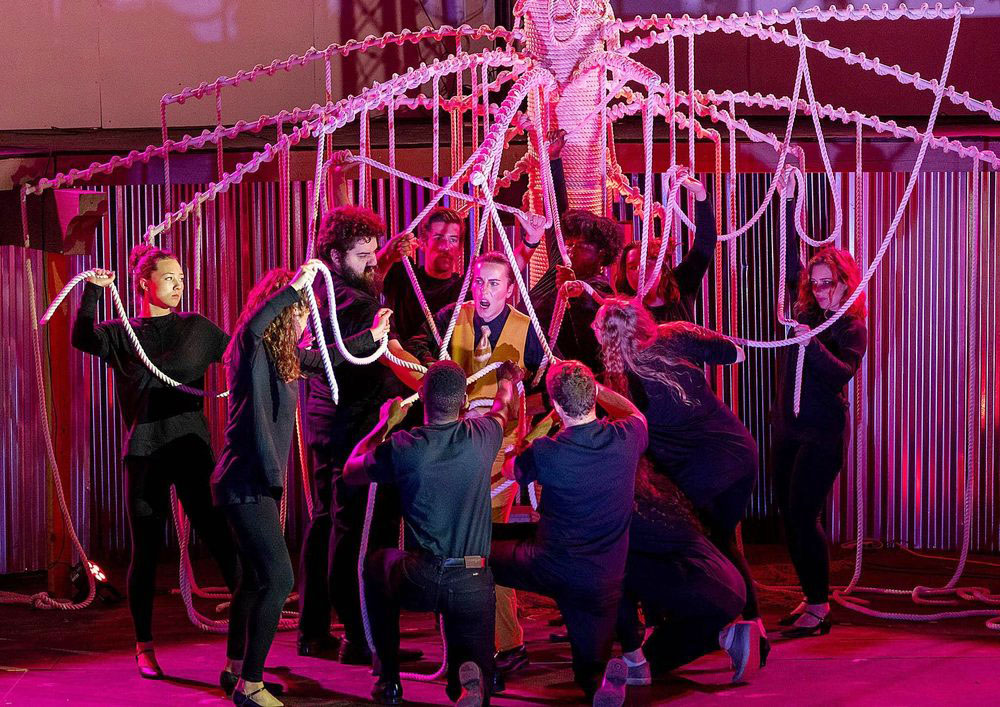
What is the path to becoming an opera nerd? Well, Canty says that he didn’t like the first opera he ever saw, so he suggests testing out a couple types of opera—a serious opera, a comic opera, an opera in English. Opera Memphis tries to program one of each every season to provide an on-ramp for audiences. He says he directed La Calisto for the first time in Portland, Oregon in 2007, and there were many people in their 20s and 30s who were not a stereotypical opera audience. Some of them had fun dressing up in Victorian tailcoats and the extremity of this idea of opera.
Some of these stories are over 2000 years old but have lasted, which speaks to their universality. Canty describes La Calisto as an opera that alternates between comic and serious. It’s about falling in love, falling in love with the wrong person sometimes, what it feels like to love that person, maybe to lose them, and what happens when the people whose job it is to protect all of us are not as good at their job as they should be. It’s also similar to Percy Jackson’s books, with gods and goddesses in the opera allowing a real immediacy to the story.
“La Calisto is a little more adult in theme than something like the Percy Jackson books, but if you like a good, sexy, lusty, pot-boiler of a show with some magic and some dancing and some singing, you would be hard-pressed to find anything better,” said Canty.
Actually, it may be time for all of us to start flying our opera nerd flag.
This interview has been edited for length and clarity.
La Calisto will be at Playhouse on the Square on March 22 and 23 with English subtitles. Follow @operamemphis for updates!

